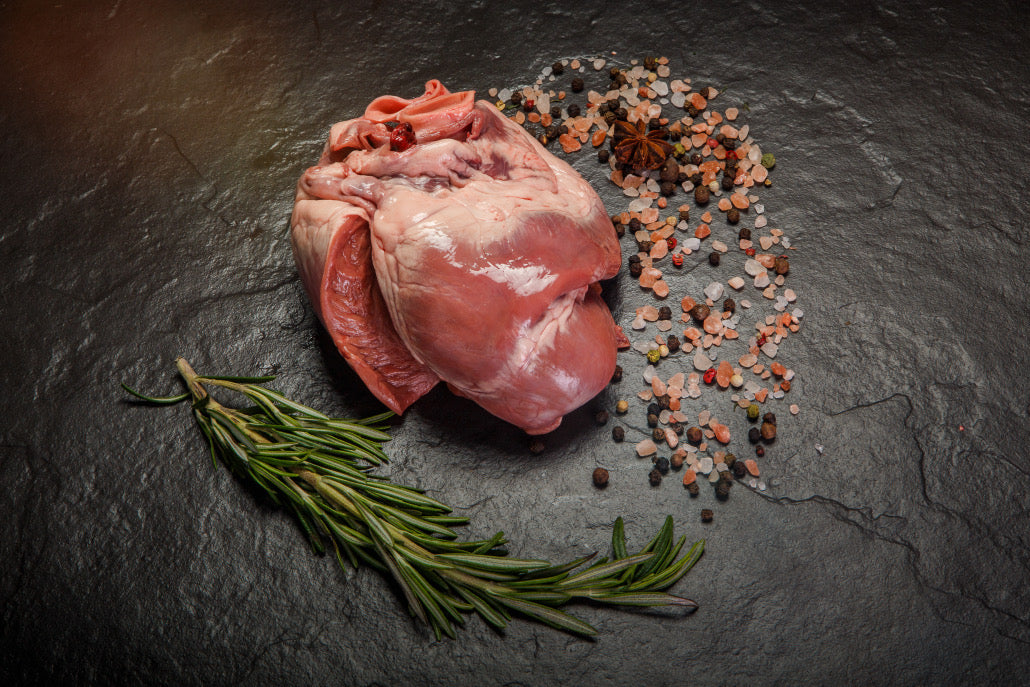What is a healthy, balanced diet??
I often hear people say ‘I eat a balanced diet”
But what is this exactly?
Balanced because they follow the food pyramid guidelines?? 5+ a day of veg and 70% of the daily food is grains and carbohydrates?
Or balanced because they have meat and 3 veg?
Or balanced because they eat what they feel like??
I think that balance is what we are trying to achieve with our hormonal health, by eating a diet that supports this.
There is so much information available for us today.
My thoughts on a balanced diet are these:
Eat meat, fat and organs for hormonal harmony. Eat fruit in season, raw dairy and eggs for an animal based ancestral diet.
A RIBEYE STEAK contains a stack of nutrients that humans need, not present in plants.
B12: Studies have found that Alzheimer's sufferers are deficient in B12. That B12 deficiency also leads to depression. Good levels of B12 in the body supports DNA production, cell formation, nerve function and red blood cell formation.
Carnosine: this protects us against heart disease!!
Creatine: Improves cognitive function, Improves cardiovascular performance and therefore athletic performance.
Taurine: This is an antioxidant. When it is present in your body it supports your immune system by reducing inflammation and oxidative stress
Zinc: this by far is the most important mineral we can source from red meat. It is cardio protective and is essential for our immune system. Men also need zinc for testosterone production and to support erectile tissue.
Heme Iron: far more bioavailable than iron from plant sources. It is essential for immune function and cognition. People with anemia can improve their iron levels with red meat and organs.
RED MEAT IS NOT INFLAMMATORY, IT SUPPORTS THE BODY TO REMOVE INFLAMMATION FROM THE BODY.
IT IS AN ESSENTIAL FOOD.
Quote from the latest nz study on meat consumption:
'The role of red meat in healthy and sustainable NZ diets'
'There is emerging evidence that a high carbohydrate diet may be more harmful to cardiovascular health than high fat or protein intakes. A recent analysis of data from the Prospective Urban Rural Epidemiology (PURE) study - a large prospective cohort study involving 135,335 people from 15 countries, with a median follow-up of 7.4 years, found diets in which a higher percentage of total energy was obtained from fat, saturated fat, and protein were associated with lower risks of total mortality and non-CVD mortality (Dehghan et al., 2017). Higher animal protein intake was also associated with lower total mortality risk. No significant associations were found between total fat and saturated fat intake, and major cardiovascular disease, myocardial infarction, or CVD mortality. Eating a high carbohydrate diet (more than approximately 60% of total energy intake), on the other hand, was associated with higher risk of total mortality and non-CVD mortality.'
Its now my mission to educate our people how to eat well and live long.






